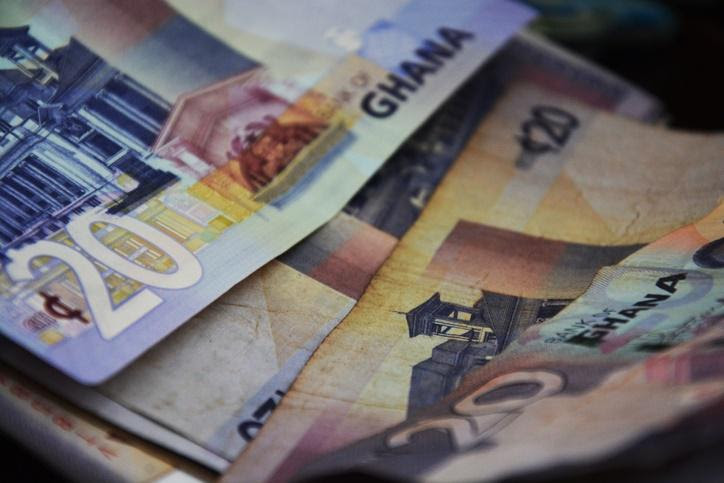
Ghana’s Deputy Minister for Finance, Dr. Stephen Amoah, recently addressed the ongoing issue of the depreciation of the country’s currency, the cedi., likening the situation to a ritual problem.
Speaking to journalists, Dr. Amoah described the depreciation as a persistent national problem that requires collective and nationalistic efforts to resolve.
Dr Amoah noted that the depreciation of the cedi is not the result of any specific government’s policies but is instead driven by the country’s heavy reliance on imports.
He stated, “What you’re wearing didn’t we import? We imported this; we imported that. Cedi depreciation is a ritual problem. It is not because of one particular government.
“Unless one is suffering from unconscious incompetence or displaying intellectual dishonesty, one would say that cedi depreciation is caused by the current government.”
He further noted, “It is an issue that needs nationalistic attention. As long as we continue to be an import-driven economy, we will face these problems. But, God willing, when Dr. Mahmoud takes action, we are going to design a long-term framework to address the cedi depreciation. Trust me.”
Also, in an interview with Onua FM, the minister stressed that Ghana needs to make a bold decision to stop the import of several items, particularly
agricultural products.
Amoah had said, “As a country, we face the problem of preference for goods of the same liquidity and risk factors. Everything we need and use, we import, so the demand and supply of this is weakening the cedi. This is a problem because that means we will demand more of the dollar.”
Meanwhile, the Ghana Statistical Service (GSS) recently announced a slight improvement in the country’s inflation rate. Year-on-year inflation dropped to 25% in April, down from 25.8% in the previous month. Professor Samuel Anim, the Government Statistician at GSS, attributed this slowdown to specific sectors of the Ghanaian economy contributing to the reduced rate of inflation.
In a related context, Nigeria is experiencing similar inflation challenges. According to the National Bureau of Statistics (NBS), Nigeria’s food inflation surged to 40.01% in the most recent report. The headline inflation rate for March 2024 increased by 1.50 percentage points compared to February 2024 and was 11.16 percentage points higher than the rate recorded in March 2023.
The NBS report noted significant price increases over the past year, with basic food items such as sardines, milk, spaghetti, beans, frozen fish, and tomatoes seeing substantial price hikes.
For example, a tin of sardines that sold for N300 a year ago now costs N1,200, while a tin of Peak milk has risen from N250 to N700. Similarly, the price of a derica measurement of beans has jumped from N350 to N1,400.






